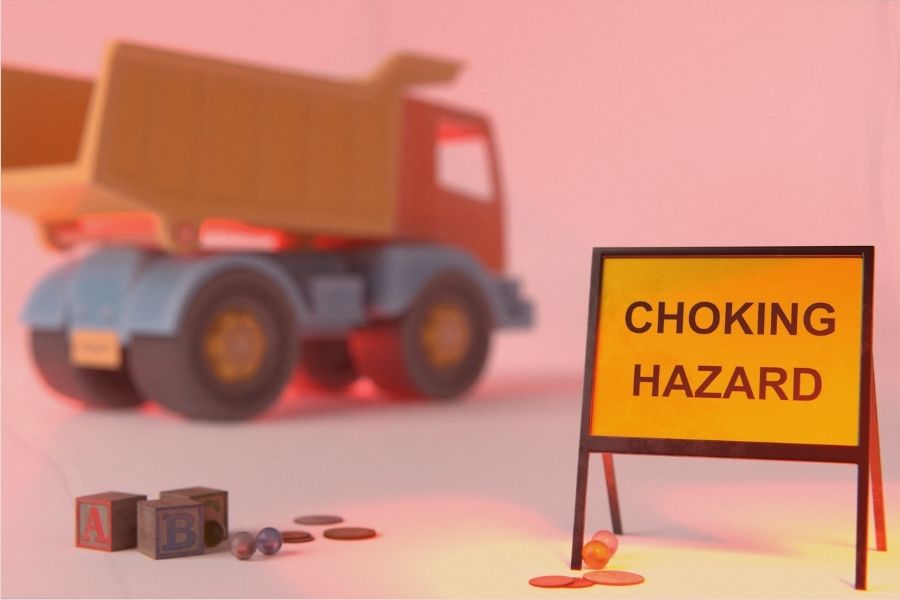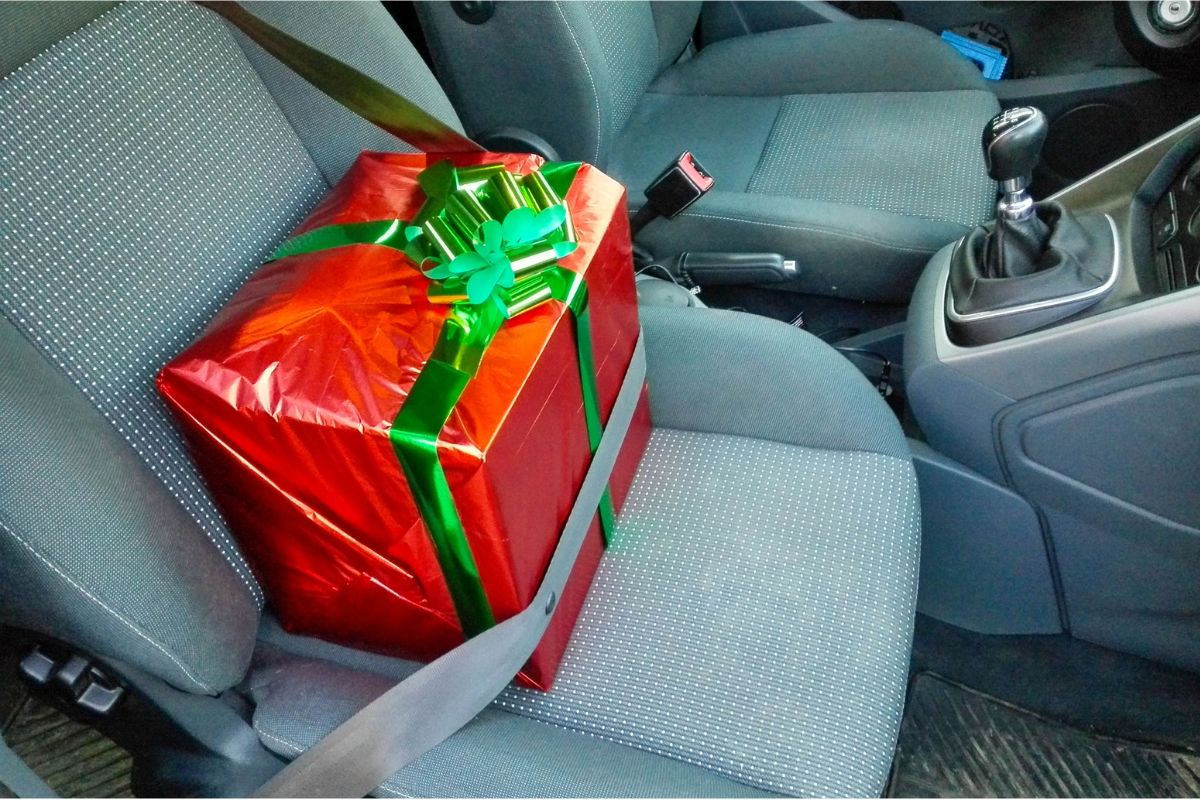It’s summertime, and school is out. As schedules shift and routines fall away, parents begin the annual scramble to find safe and reliable child care. For many families, that means enrolling their children in day camps, seasonal daycare programs, or community-run activities that promise supervision, fun, and structure while parents work. But while these programs often promise enrichment and supervision, they don’t always deliver. In some cases, the very places meant to protect children become the source of harm. When facilities or staff fail to meet basic safety standards, children are placed at risk. Negligent child care is far more common than most families realize.
What is Negligent Child Care?
Negligent child care refers to the failure of a person or organization responsible for supervising children to take reasonable steps to ensure their safety and well-being. During the summer months, this includes day camps, youth programs, school-hosted activities, and temporary child care facilities. These programs may offer fun and learning, but they are also legally required to provide basic protections.
Negligence becomes a legal matter when the provider’s failure leads to an injury or exposes a child to danger. This can include lack of supervision, unsafe play areas, untrained staff, or failure to follow established safety rules. Even if the harm was unintentional, the provider can still be held liable.
For example, a summer camp that takes children on a nature hike without enough staff to supervise each group could be considered negligent if a child wanders off or gets injured. Similarly, a day program that allows children to swim without certified lifeguards is exposing those children to unnecessary risk. Negligent child care is not defined by bad luck. It is defined by preventable failures that result in harm.
These are not minor oversights. They are often the result of poor training, mismanagement or understaffing.
Common Ways Negligence Happens in Summer Programs
Negligent child care can happen in any setting where children are entrusted to the care of others. During the summer, programs often operate with seasonal staff, temporary facilities, and looser oversight, which can increase the risk of problems. Some of the most common examples of negligent child care in summer settings include:
- Inadequate supervision during outdoor or water activities
- Staff failing to keep track of children during field trips or transitions
- Unsafe equipment or poorly maintained play areas
- Overheated facilities or lack of hydration during outdoor time
- Failure to follow allergy or medical protocols
- Delayed responses to injuries or illnesses
- Lack of emergency plans or communication procedures
- Failure to maintain proper child-to-staff ratios
- Staff with incomplete background checks or insufficient training
These issues can happen gradually. Sometimes they stem from budget cuts or poor planning. But when corners are cut, the safety of children is compromised.
Red Flags Parents Shouldn’t Ignore
According to the American Camp Association and Nationwide Children’s Hospital, nearly 30% of injuries at day camps occur during free time when supervision may lapse. Children may not come home and say they feel unsafe, but their bodies and behaviors often tell the story. As a parent, noticing subtle changes can make all the difference. Common warning signs of negligent child care include:
- Unexplained bruises, scrapes, or recurring injuries
- Behavioral changes such as withdrawal, irritability, or clinginess
- Refusal to return to the camp or program
- Physical symptoms like fatigue, sunburn, dehydration, or frequent illness
- Regression in toilet use, speech, or sleep
- Vague comments or statements that suggest neglect or discomfort
If your child expresses fear, confusion, or dissatisfaction about their experience, trust your instincts. Negligent child care often leaves a mark that is not immediately visible.
Legal Options for Parents After a Child Care Injury
Texas law allows parents to pursue legal claims when a child is injured due to negligent supervision or unsafe conditions. These civil claims are usually based in personal injury law and can provide compensation for both the immediate and long-term impacts of the injury.
A claim involving negligent child care may allow your family to recover:
- Medical expenses, including emergency care and follow-up treatments
- Therapy or counseling related to trauma
- Pain and suffering
- Costs related to long-term disability or developmental setbacks
- Punitive damages in cases of severe negligence or repeated violations
Legal action also helps uncover what went wrong and whether other children may have been affected. In many cases, it is the only way to ensure a provider is held responsible and changes are made.
What if I Signed a Waiver?
Most summer camps, daycare programs, and recreational child care providers ask parents to sign liability waivers during the registration process. These waivers often include language stating that the facility is not responsible for accidents, injuries, or other harms that may occur during routine activities. This language can be intimidating and may leave parents feeling powerless when something goes wrong.
But here is what many families do not realize: a waiver does not protect a provider from accountability for gross negligence. Texas law does not allow a business to use a waiver to avoid responsibility for reckless, careless or dangerous behavior that falls outside the scope of ordinary risk.
Waivers Don’t Cover Gross Negligence
For example, a waiver might cover minor scrapes or bumps during regular play. But it does not excuse a camp that fails to supervise children near a pool, failure to run background checks on employees, ignores a child’s food allergy or allows an untrained staff member to handle medical emergencies. These are not everyday risks. They are examples of gross negligence, and the law treats them differently.
If your child was injured and you signed a waiver, do not assume you have no legal options. The specific language of the waiver matters, but so does the nature of what happened. An experienced personal injury lawyer can review the documents you signed and determine whether the provider can still be held liable under Texas law.
Gross negligence is not something the courts take lightly. When it occurs, families have every right to pursue justice. Even if a waiver was signed.
Steps to Take if Your Child Is Hurt at a Summer Program
Knowing what to do after a child care injury is crucial. Taking the right steps early can protect your child and strengthen any legal claim. If you suspect negligent child care caused your child’s injury, take the following actions:
- Seek medical attention. Prioritize your child’s health by getting immediate care.
- Document everything. Take photos of injuries, the environment, and the scene of the incident.
- Request a written incident report. Get it directly from the camp or facility.
- Gather contact information. Identify and save the names of staff and any witnesses.
- Secure your registration paperwork. Save any waivers, policies, or handbooks.
- Keep medical records and receipts. These will help track the full impact of the injury.
- Speak with a lawyer. Time matters. In Texas, most child injury claims must be filed within two years. If your child is a minor, that timeline may be extended, but it is still smart to act early.
Hiring a Negligent Child Care Lawyer from The Carlson Law Firm
Pursuing a case involving negligent child care is not simple. Many summer programs are run by third-party organizations, churches, schools, or private companies. These groups may try to downplay what happened, shift blame to your child, or avoid providing records.
A lawyer understands how to investigate these cases thoroughly. Our team will pursue justice for your child through the following means:
- Request internal records, staff schedules and incident reports
- Identify licensing violations and prior complaints
- Secure medical opinions and expert witnesses
- Interview staff and other families involved
- Build a case that shows exactly how negligence caused your child’s injury
Legal support also protects your family from being pressured into silence. You do not have to accept vague answers or empty apologies. You deserve the full truth.
Schedule a free consultation by calling us at 833-4-CARLSON.
Frequently Asked Questions About Negligent Child Care in Texas
Can I sue a day camp for negligent child care?
Yes. If a camp’s failure to supervise, follow medical protocols, or maintain safe conditions caused your child harm, you may be able to file a claim under Texas personal injury law.
Does signing a waiver prevent me from suing?
No. While waivers can limit liability for ordinary accidents, they do not protect a provider from gross negligence or reckless behavior that results in injury.
How long do I have to file a claim in Texas?
Texas law generally gives parents two years from the date of the injury to file a claim. For children, the clock may not start until their 18th birthday, giving them until age 20. However, acting sooner preserves evidence and strengthens your case.
Take Action Today
If your child was harmed at a summer camp or daycare and you suspect negligent child care played a role, you don’t have to face it alone. The Carlson Law Firm has decades of experience standing up for children and their families. We know how to hold providers accountable and pursue the justice your child deserves.
Schedule a free consultation today by calling 833-4-CARLSON. There are no upfront fees, and you pay nothing unless we win your case.




